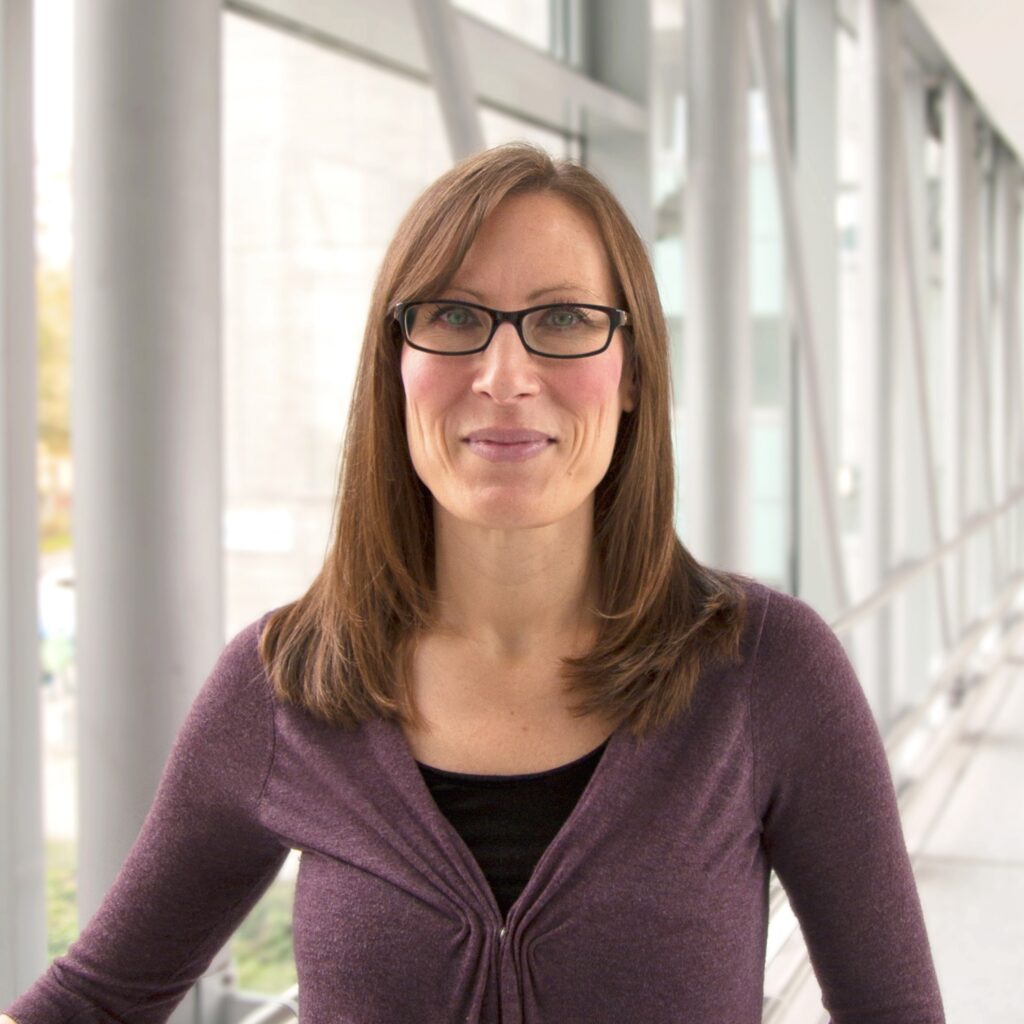Our steering committee is dedicated to organize the educational program for the PhD and MD students, to coordinate our public outreach as well as to manage all administrative hurdles and problems. The committee manages also all interactions with DFG. In case of conflicts the members of the committee will take a neutral position as mediator. In particular, the student´s ombudsperson as well as the scientific coordinator have an open door.
The steering committee consists of our spokesperson, our vice-spokesperson, 2 PIs, our coordinator, a student´s ombudsperson (which can be either a PI or a postdoc, who is elected by our students) and 2 student representatives (1 PhD and 1 MD student).
Members

Prof. Dr. Oliver Stork
Spokesperson RTG2413
Institute Director of the Institute for Biology, OVGU
Head of the Department of Genetics and Molecular Neurobiology, Institute for Biology, OVGU
My work is devoted to the understanding of molecular mechanisms that mediate information processing in the brain and the control of behavior. In my group we are particularly interested in long-term change in GABAergic interneurons that control local circuit activity as well as extended network activity patterns in the limbic brain system. Our focus lies on unraveling the intracellular pathways controlling homeostatic plasticity in both GABAergic and their excitatory target neurons. We address the role of these cells with molecular and physiological tools in cell culture, genetically manipulated mice and following acut viral interventions.

Prof. Dr. Daniela Dieterich
Vice-Spokesperson RTG2413
Dean of the Medical Faculty, OVGU
Director of the Institute for Pharmacology and Toxicology
PI of Neural Plasticity and Communication
The work in my lab concentrates on the molecular and cellular underpinnings of protein homeostasis at the multipartite synapse and their consequences for brain function during aging. My major goals within the graduate program SynAGE is to guide young scientists along their ways to develop their very own line of research, to support the intersection of ideas across disciplines, and thereby to catalyze discovery.

Prof. Dr. Constanze Seidenbecher
Committee member
Leibniz Institute for Neurobiology
I am a group leader at the Leibniz Institute for Neurobiology (LIN) Magdeburg. My scientific interests are devoted to synaptic molecules and the brain extracellular matrix and their role in neuroplasticity and cognitive functions. My aim is to support excellent young scientists – with a special focus on female researchers – by connecting, inspiring and promoting young careers in SynAGE and beyond.
I am member of the Board of directors of the Center for Behavioral Brain Sciences (CBBS) Magdeburg and steering committee member of the SFB „Neurobiology of motivated behavior“. In 2019 I was elected as council member of the International Society for Neurochemistry (ISN).

Dr. Michael R. Kreutz
Committee member
Leibniz Institute for Neurobiology
My research in NPlast in Magdeburg and DOF in Hamburg is concerned with fundamental questions on how synapses communicate with the nucleus, how gene activity-dependent gene expression feeds back to synaptic function and how this is related to the formation of a cellular engram and last but not least how the nanoscale organization of the synapse determines functional properties in the context of learning and memory. We address translational aspects where we try to understand whether processes might be relevant for diseases. The Leibniz Group ‚Dendritic Organelles and Synaptic Function‘ at the ZMNH in Hamburg investigates how microsecretory systems and organelles ike autophagosomes, lysosomes, and Golgi satellites in neurites are involved in synaptic function.

Prof. Dr. Janelle Pakan
SynAGE ombudsperson
Leibniz Institute for Neurobiology
I lead the Neural Circuits & Network Dynamics group at the Leibniz Institute for Neurobiology. I completed my early research career in Canada before relocating to Europe, and have since worked in Ireland, at the University of Edinburgh, and now here in Germany. My research is focused on the neural circuits that underlie the transformation of sensory information to behavioural output in both health and disease states, including how these transformations are affected by neuronal excitatory-inhibitory balance across aging. To investigate this, on both the synaptic and circuit level, my group utilizes functional neuroanatomical techniques and advanced two-photon imaging in behaving mice in combination with virtual environments.

Dr. Dana Zöllner
Scientific Coordinator of RTG 2413 SynAGE
Institute for Biology, OVGU
I have obtained my PhD in materials physics focussing on materials microstructures and how they develop during deformation and heat treatment. This has serious implications for materials‘ usage as many materials properties depend on the microstructure.
Already during my time as a PhD student I gained first experiences in the field of science management in a graduate school. Over the years, I have focused among other things on promoting young scientific talents and giving career advise to PhD students and postdocs alike.
